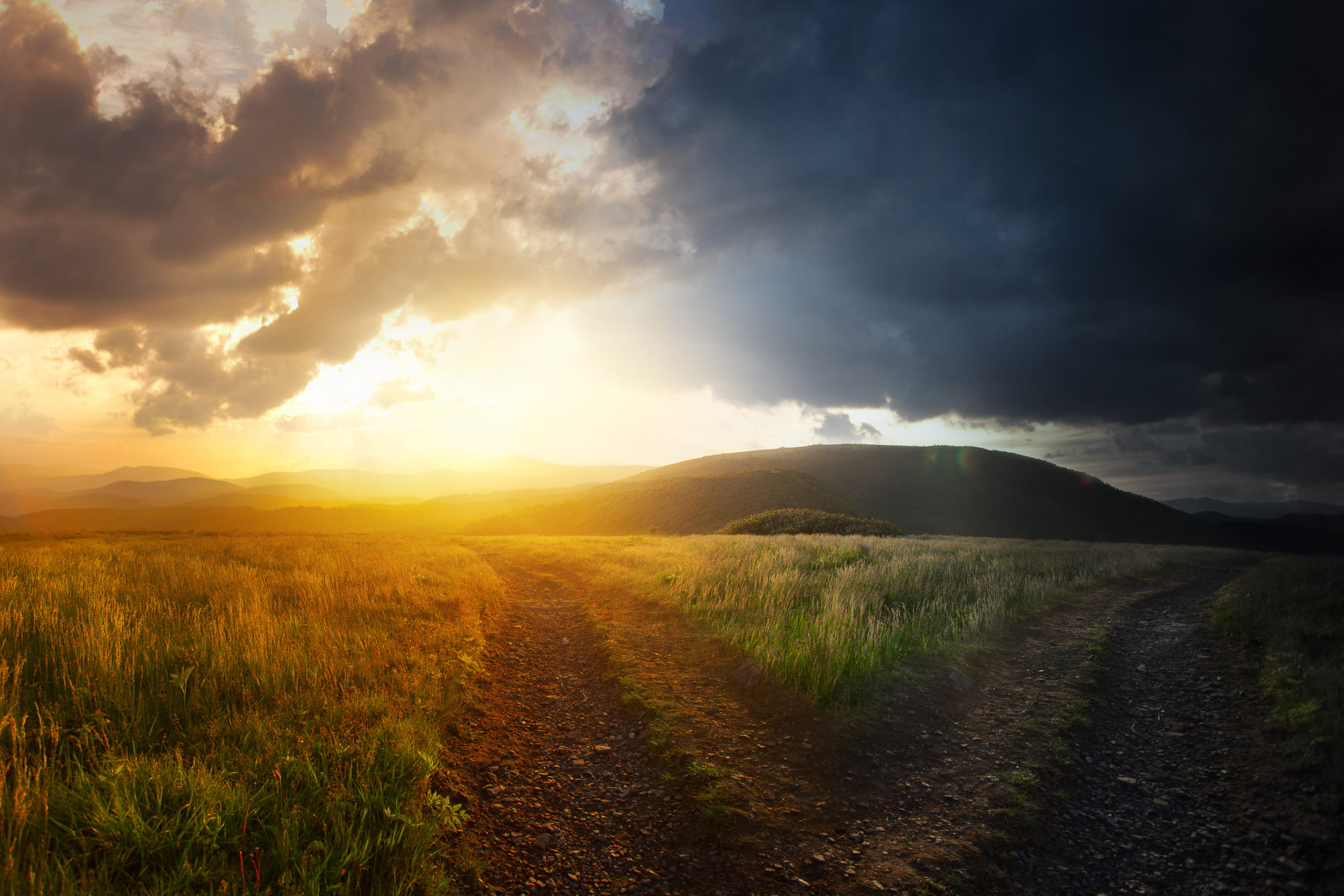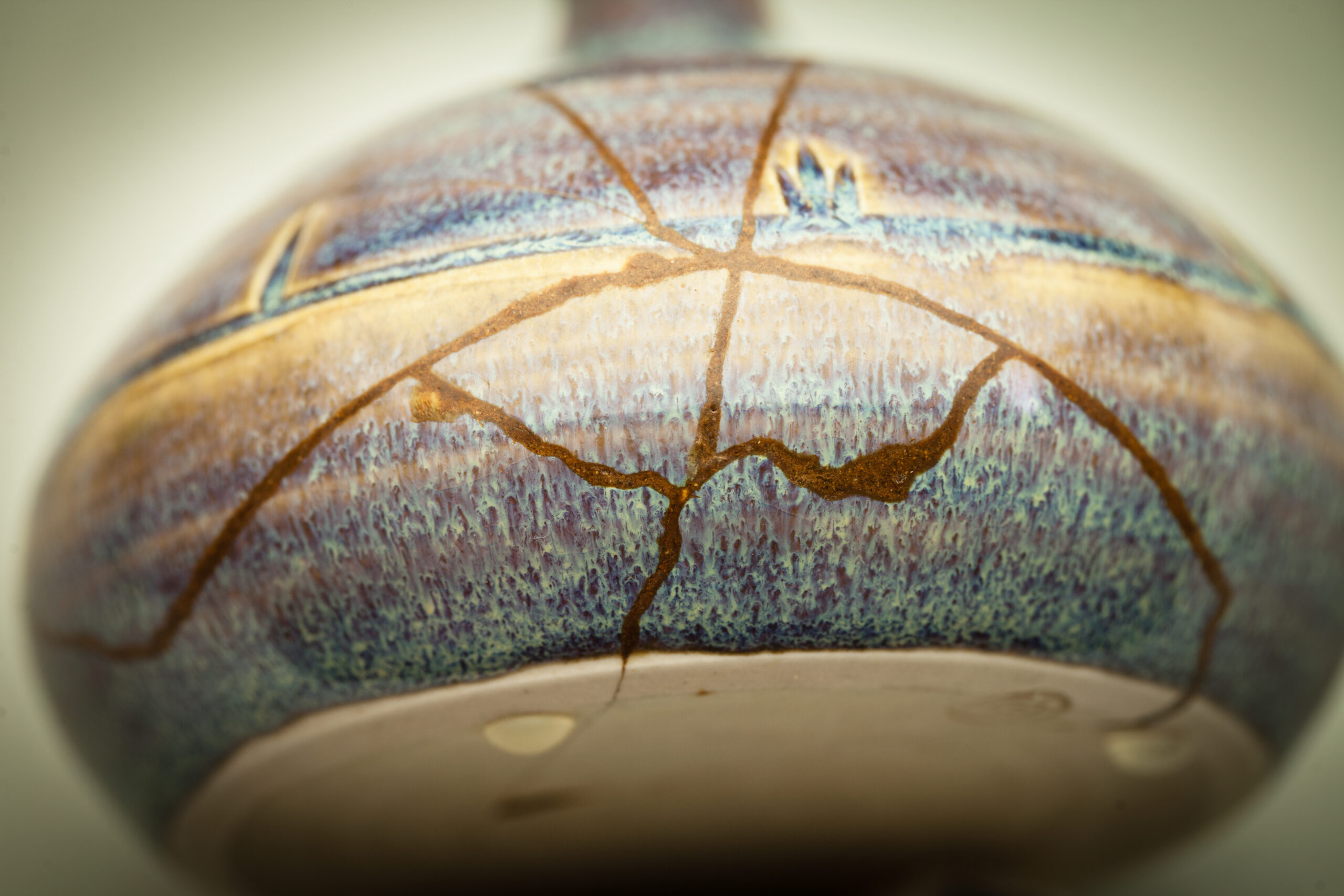Katie Steedly’s first-person piece [The Unspeakable Gift] is a riveting retelling of her participation in a National Institutes of Health study that aided her quest to come to grips with her life of living with a rare genetic disorder. Her writing is superb.
In recognition of receiving the Dateline Award for the Washingtonian Magazine essay, The Unspeakable Gift.
Enter your email here to receive Weekly Wide-Awake
The Choice: A Gratitude Conversation with Aimee Imundo

KSC: Do you consider yourself a grateful person?
AI: I do.
KSC: What does gratitude look like for you? How, and in what ways are you a grateful person?
AI: Well, what comes to mind for me is the notion that gratitude is a choice. I don’t know that I’m grateful in every second. I’m aware that it’s a choice and I occasionally pause to remind myself that I have a lot of choices about what I do in my life, and the way that I perceive what’s happening in my life and around the world. I think it is just an awareness that there’s an alternative that’s available to you.
KSC: What are some of the things for which you are grateful?
AI: Well, some of them are pretty basic. Having this body that lets me do some of the things that I want to do. I can sit in this chair and be pain-free. On a very basic level, I have a child and I’m grateful for him.
KSC: You stay in that center most of the time. How do you do that? Times when that awareness is not there. Are there ways that you get back to that?
AI: I think gratitude is closely aligned with mindfulness. You know, the Be Here Now
Movement. Just being present in your actual life and being present in the moment. You get more aware of your choices and the alternatives, the things you don’t have to have, and the things that we take for granted. And I know people talk about entitlement as the opposite of gratitude. There’s a lot to complain about. There are definitely things that I would change. That’s a bit of a challenge. At times when I find myself full of complaints: this didn’t go the way I wanted; the bus was late; my coffee got cold; the dog peed on the rug … I may just give myself the gift of complaining. And after about five minutes it gets really boring and very unsatisfying. And maybe those moments help me realize those complaints are pretty irrelevant. And if I need to, I can take a little lap around that track, and when I get re-centered it’s very hard to hold on to those complaints. It’s very hard to stay parked there because it’s just not comfortable and it’s not the way that I want to live.
KSC: Can people learn to be grateful? Can that skill be learned? Can that capacity be taught?
AI: I don’t know if it can be taught, but I think it can be learned. Maybe the key is mindset. A lot has been written about different mindsets that people bring to the table. We all have an inherent tendency or mindset that we bring to a situation. When people practice gratitude, in an explicit way they are modeling a mindset that can influence people.
KSC: Can you think about a time when you learned about gratitude or mindfulness or generosity or any of those big things? Can you think of a time, or a person, or an experience that really drove that home?
AI: Not a single event. I think our writing group had a really good structure for promoting this kind of thinking in our check-in process. This very diverse group of women met every other week and the start of the meeting would be our chance to identify those things that are weighing on us that we need to let go of to be fully present. Sometimes that check-in would turn into a laundry list of complaints. But it was so easy to shake them off in that setting. I might list a number of complaints and then pause and realize that most of all, I was grateful to be there in that space at that moment. We practiced that as a group. I don’t think anybody said, ‘Hey this is going to be about gratitude,’ because that’s not what we thought it was going to be about, but we always entered the space with gratitude. I think the fact that we did that for the ten years that we met, it really helped build a habit of mind. We all had our complaints and concerns but primarily we shared a sense of gratitude just for being here.
KSC: What is the connection between gratitude and story?
AI: There’s a very strong connection between gratitude and story because gratitude is a choice. It’s a choice about the perspective you take about a story. One of my stories right now is bad. I’m at a crossroads in what has been a big career. I’ve had my area of expertise and a very established, international profile in my field. Then the company I worked for changed its model and my job disappeared and I’m not at that company anymore. That could be a story of rejection, or defeat, or dislocation. For me, it’s actually a story of opportunity. I do feel grateful, not just for having had the experience that I had, but I feel grateful for the experience I’m having right now, which is being in-between things. I don’t know exactly what comes next, but I sure know that the in-between can come before something amazing. I am also aware that I could make a choice to tell myself a very different story. The choice to be grateful, and even the choice to feel this story in a grateful way helps me find the forward motion.
KSC: How do we do that? How do we take those gems? What influences those choices? How do we make that choice?
AI: That’s a good question. We have talked a lot about choice. I love thinking about these things as choices because it adds the element of control. We’re not passive in this. We get to strongly influence our experience. That resonates with me way more than the idea of passively sitting back and waiting for the gratitude waves to hit me. We’re driving.
KSC: What naturally leads from the choice to be grateful?
AI: I’m telling you today that I feel really grateful for the opportunity that’s been presented to me: To do nothing. To do something completely different. To reorient. If I’m grateful for that choice, then I am obliged to act like a person with choices. That active notion is really interesting to me.
KSC: Is it easy to be grateful? How can we make that active choice in moments that are challenging?
AI: If we chose to acknowledge gratitude, the next piece of it may be to acknowledge our role as [the] recipient of something. And it’s bad manners to receive and not reciprocate. Let’s say you are grateful for the gift of this amazing planet and environment, and you put yourself into natural settings so you can have those experiences. You are grateful for all those moments. Then are you not also obliged to act out that gratitude by making a choice to try to preserve, protect, and promote that environment?
It’s really a question. It’s a question for my own life. If I feel grateful about having the time to make some choices, I don’t want to waste it by being passive and just waiting. That’s a deliberate choice where what I’m going to do is not rush myself into the next thing. I’m going to wait because I’m going to use this time to process and explore things that I wouldn’t otherwise do. That feels active. Processing is active.
Entitlement, which I think of as the opposite of gratitude, carries with it an air of passivity. That other people are supposed to provide things to you, or experiences are supposed to just arrive for you, without you doing anything. Just by being you. Isn’t that kind of the heart of entitlement? That you’re entitled to this experience or this thing–whatever it is–and someone else is supposed to provide that to you, whatever that is?
KS: What is the connection between gratitude and creativity? After talking with the Cirque du Soleil performer, the museum educator, the professor who studies children playing, it began to occur to me that creativity might play a role in gratitude, and choice feels inherently creative. Is there a connection?
AI: Your questions are really getting me to think. You just described a series of interviews with people whose work has a creative component or an appreciation for the creative component. I might be the first international regulatory lawyer on your interview list. As a lawyer, part of my job has been to advocate for certain outcomes. I have worked many times with people–creative, smart, really gifted people–who have their minds set on a particular outcome. Part of the soul of being a really effective advocate is developing creative advice, and to be able to envisage alternative outcomes that are good enough. For me, I never particularly feel entitled to outcome X, even if it’s what we believe analytically, or that the law would support. If you get attached to one outcome, you’re going to be disappointed most of the time.
I’m trying to thread the needle by defining creativity as seeing multiple outcomes. Here’s what’s coming to me: I am grateful for the capacity to lead a group toward that understanding; I’m grateful for the capacity to accept something that’s not everything that you thought you had to have. That requires an alternative vision. To be able to walk out of a situation and say, “Well, okay, that went differently from the way that I thought it was going to go–of the five things I thought I had to have, I got three of them and two totally different things–” to be grateful for that and taking the opportunity to look at it from a totally different perspective. I think it does take some creativity.
KSC: That’s the unique part of how we connect with gratitude. What are our gifts and how do we use them? How do we identify them? Which, to me, is the choice. That’s that mindfulness. How do we use that? And then, how do we identify it and put it to use for something greater? Which is the next question: is there a connection between gratitude and service?
AI: I think there is. It touches on what we were talking about earlier, the ‘be active’ piece of it. Which is, to make a gratitude choice around a particular thing and do it as an active choice. I think there is a connection. I think service should be defined broadly. My example earlier was the environment, but I think it’s also service to self, as well to serve your own potential. I know I talked about my obligation to make good use of the job transition I am experiencing. If I view this transition between phases of my career, if I’m going to make the choice to be grateful for the opportunity to transition to something amazing and take the time to do that, well, then I feel like I’m obliged in service to myself to take an active role in making sure that that happens.
KSC: What about this notion of service and giving only when you’ve been given something. How do we get beyond that transactional idea that gratitude has to happen in response to something?
AI: Maybe it’s okay if gratitude is something that comes into play in response to something. Maybe it’s okay for gratitude to be transactional. It’s a perspective thing. What do you choose to see as a plus on your side of your ledger? So, if there’s a transaction, you started the conversation by asking what I feel gratitude for and I said, “Well, this breath. The breath that I took in this very moment,” I guess that’s a transaction. Without it, not much else happens. Let’s start with that.
KSC: Yeah, that’s it. Do you view your role in law, in your career, is there a service element to any of that?
AI: No, but in the organization I just left, I took on a role of promoting pro bono work done within in-house legal organizations. In-house legal teams traditionally haven’t been engaged in pro bono work and there are a lot of structural reasons for that. So, I started to form some partnerships to try to promote that work. And not just within my company. I wanted to develop and spread best practices on how to do that to other organizations. Again, that was something I chose to do. It’s not part of my field, which is international competition law. I sought out that role and I’ve continued my work in that community.
I guess the other service piece is around mentoring. Mentoring younger attorneys–often women–but not always. In my field, there traditionally haven’t been that many female leaders, and [I], being given a leadership role, or [having] earn[ed] a leadership role, I should say, I did feel obliged to be a leader that people can relate to. I hadn’t even thought about this. The whole paying it forward. There are people who I look back on who showed me the importance of helping others move forward within my field.
KSC: Did you learn that from someone?
AI: I certainly had mentors. I didn’t really think much about what they were doing. I thought that [they] were just experienced–more senior people in my field or leaders in the community who I found approachable and who also seemed to like to engage with me and took an interest in my career, my life, and my personhood. You don’t think you’re being mentored because it feels like friendship and I’ve had some people like that influence me in my career.
KSC: You talked about service and mentors. How did you wind up being someone that, when you were in a leadership position, you created opportunities to serve, to be more engaged with the philanthropic side of your skills and of what you bring to the world?
AI: Some of the service orientation was influenced by one mentor, who was a judge. The judge that I clerked for was a woman trial judge, in Washington DC, in a busy urban court with all kinds of terrible crimes and a lot of victims of the drug wars. So, abused children, and crimes, and recidivism, and it was a lot. And she just had such devotion. She was very compassionate and had almost a militancy about making sure that every person who entered her courtroom was treated with dignity, regardless. She influenced me, because I could see how a person combined power and compassion. They should be exercised together, compassion and respect. Compassion does not equal weakness. That has influenced me throughout my entire legal career.
KSC: She sounds like a very strong person.
AI: I would say so. You know, I guess it relates to part of what we said earlier about that ability to picture multiple alternative outcomes. That you are coming at a situation with an awareness, with compassion. Among your strongly held values, maybe you can generate alternatives that would not have been those that could be generated without awareness of those possibilities.
KSC: Do you have a gratitude practice? Do you have something, or specific things that you do, or that keep you centered, to keep you kind of connected to your choices?
AI: Well, not that I have thought of as a gratitude practice. There’s nothing in my life that I would say, “Okay, I need to pump up the gratitude today.” It sounds mundane, but my little runs through the park or going to the gym connect me to feelings of gratitude. I think that goes back to that very foundation where I started [earlier in this conversation] of the transaction of taking a single breath. I often feel very aware when I’m running or in the gym doing whatever, that I’m grateful for my breath. I feel very grateful for having the energy that comes from that and whatever little bit of strength I have, too.
That also encompasses the idea that we talked about earlier about the active parts. If we’re grateful for this body then we are obliged to act like a person that’s grateful for that. So, doesn’t that mean nurturing it in some ways? I guess it goes back to the breath in the end and to choices and the active part. So that’s interesting. I didn’t realize it until you asked, but I do think that exercising and being active is my gratitude practice.
About Katie

From Louisville. Live in Atlanta. Curious by nature. Researcher by education. Writer by practice. Grateful heart by desire.
Buy the Book!
The Stage Is On Fire, a memoir about hope and change, reasons for voyaging, and dreams burning down can be purchased on Amazon.





